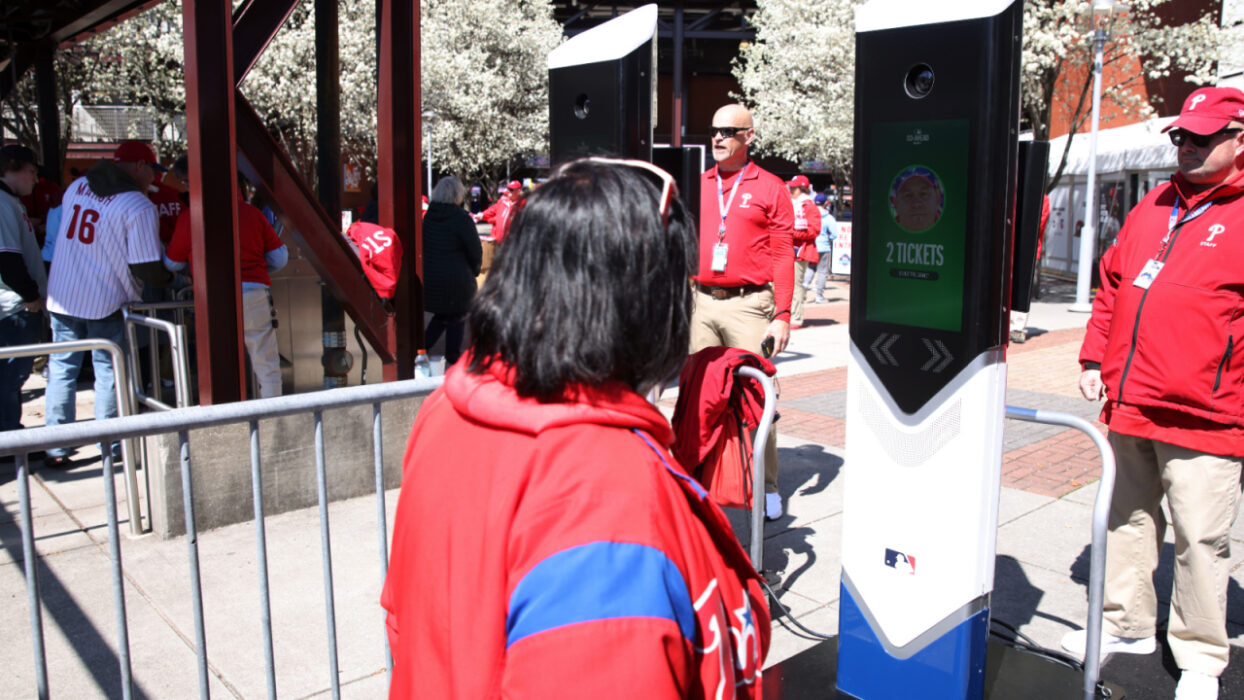
Mosquitoes, Worms, Sweat, Starvation: What Migrants Say Life Is Like Inside Alligator Alcatraz
In the middle of the Everglades, surrounded by heat, humidity, and alligators, stands Florida’s newest migrant detention center that the government built in just eight days. Officials named it “Alligator Alcatraz.” Supporters, including former President Donald Trump and Governor Ron DeSantis, say it’s efficient. Detainees and their families are calling it something else entirely: a humanitarian crisis.
With over 900 people already inside the makeshift tent facility, some witnesses describe conditions as overcrowded and unsanitary. And, in some cases, dangerous. Migrants held there have shared accounts of going days without showers. They denounced eating food with worms and sleeping in cages packed with over 30 people. All under lights that stay on 24/7 and air conditioning that frequently fails.
Alligator Alcatraz is already being compared to an internment camp
According to Rolling Stone, President Trump told supporters the facility would hold “some of the most vicious people on the planet.” However, records reviewed by The Miami Herald indicate that only one-third of those detained at Alligator Alcatraz have a prior criminal conviction. Many are being held on immigration violations or minor charges like driving without a license.
Despite the rhetoric, Democratic lawmakers who visited the site described “cage-style units.” With 32 people per cage and three toilet-sink combos that double as drinking water stations. “This place is a stunt. And they’re abusing human beings here,” Rep. Debbie Wasserman Schultz told reporters after touring the site on July 13.
She added that the food for detainees consisted of “a gray turkey and cheese sandwich, an apple and chips.” Meanwhile, workers ate roast chicken and sausages. “I don’t see how that could possibly sustain them nutritionally or not make them hungry,” she said, as reported by CNN.
What detainees are actually living through inside Alligator Alcatraz
The testimonies from inside the camp paint a clearer — and more harrowing — picture. Vladimir Miranda, a Cuban detainee, described the power going out due to generator issues, which means no water, no air conditioning, and no phone access. “We’re here sweating,” he told Telemundo 51 in Spanish.
Another detainee, Leamsy Izquierdo, a Cuban reggaetón artist also known as La Figura, said in a recorded call that “there is no water here to bathe,” and that it had been four days since he last showered. “They give you food only once a day, food that even has worms in it,” he said.
He also described mosquitoes “the size of elephants,” freezing cold tents, and lights that never turn off. “They are not allowed to go outside,” NBC reported, summarizing Izquierdo’s claims.
Families say Alligator Alcatraz is a nightmare to navigate
For many families, simply locating their loved ones has become a bureaucratic maze. According to The Miami Herald, one Guatemalan woman said she couldn’t find her detained husband’s whereabouts for days. His name didn’t appear in the ICE database. Phone calls from the facility were routed through third-party services with no way to call back.
“I think it’s a gross, gross violation of due process to put people literally in this black hole where they cannot be found,” said attorney Katie Blankenship, who represents some of the detained migrants. “They cannot speak with counsel, they cannot contact immigration court. They are just, for all intents and purposes, disappeared.”
Multiple families told The Herald that detainees reported going six days without a shower, suffering through both freezing and sweltering temperatures, and being bitten repeatedly by giant insects while trying to sleep.
Inside the political battle over Alligator Alcatraz
While detainees’ families, Democratic lawmakers, and advocacy groups describe the site as inhumane, Republican officials claim otherwise. State Sen. Jay Collins told the Associated Press that the facility is “clean and functioning well,” adding, “Would I want that toilet-and-sink combination at my bathroom at the house? Probably not, but this is a transitional holding facility.”
Florida Division of Emergency Management spokesperson Stephanie Hartman said in a written statement that “the facility meets all required standards and is in good working order.” She called the reports about food and sanitation “completely false.”
But Rep. Maxwell Alejandro Frost, who visited the site, told CNN that lawmakers were shown only unused parts of the facility, not where detainees were being held. He said they heard people screaming “Libertad!” (“Freedom” in Spanish) and one person yelling, “I’m an American citizen!”
Alligator Alcatraz is already facing lawsuits and environmental concerns
On July 9, Miami-Dade County Mayor Daniella Levine Cava sent a letter to Florida Attorney General James Uthmeier demanding oversight of the facility. In her letter, she stated that the site had been “commandeered” by the state and requested video monitoring and weekly reports.
The Herald also confirmed that the facility, located deep in the Everglades, is at risk of flooding. One area flooded the day after the facility opened. Lawmakers expressed concern about what might happen during a hurricane or major storm, especially given the site’s rapid construction.
“This is not only a humanitarian crisis for detainees, but also for those tasked to staff this facility,” Florida Rep. Anna Eskamani told The Herald. The camp’s location is isolated, with little access to hospitals, legal counsel, or oversight.




